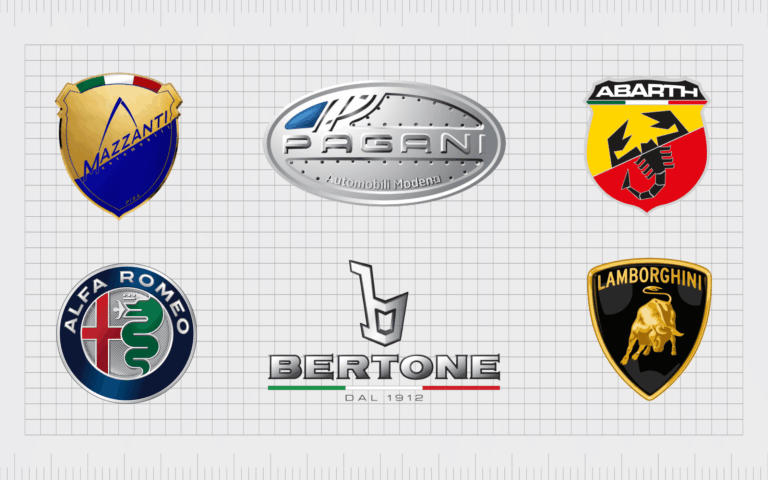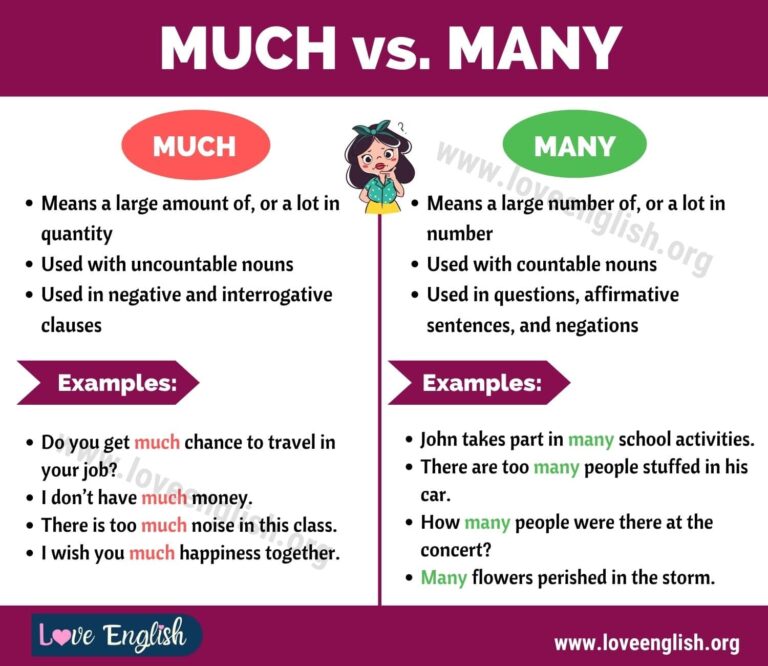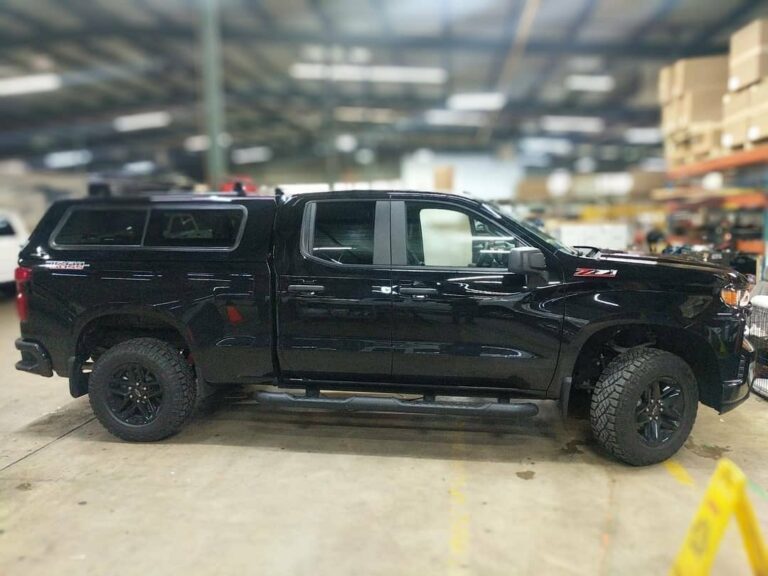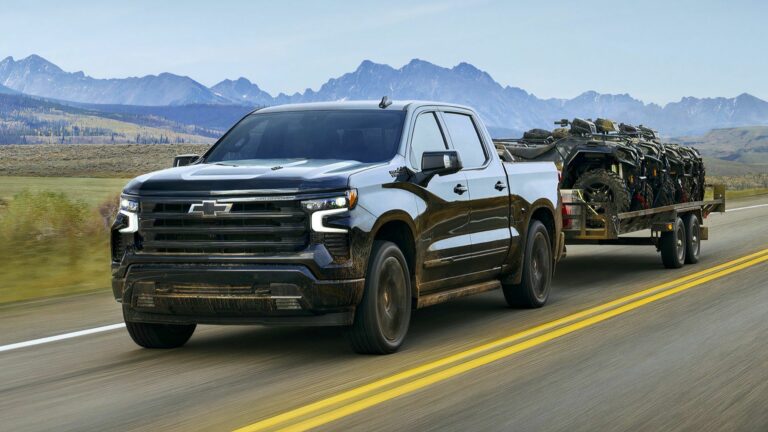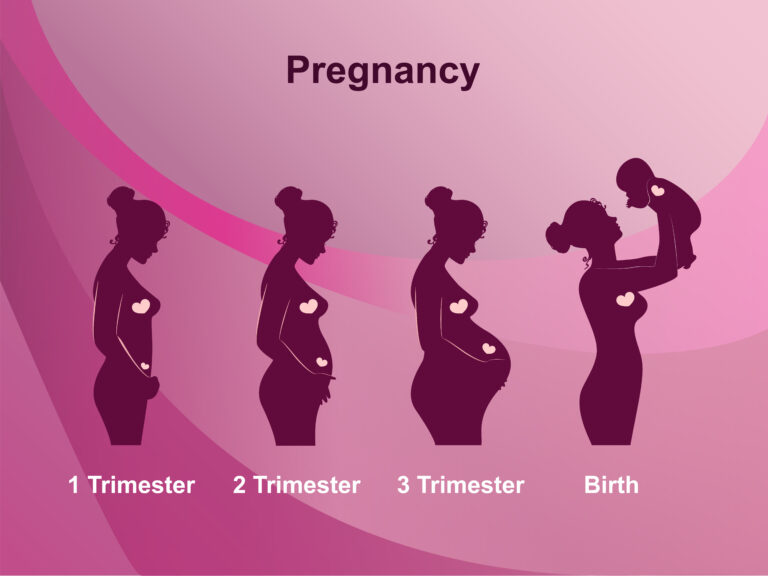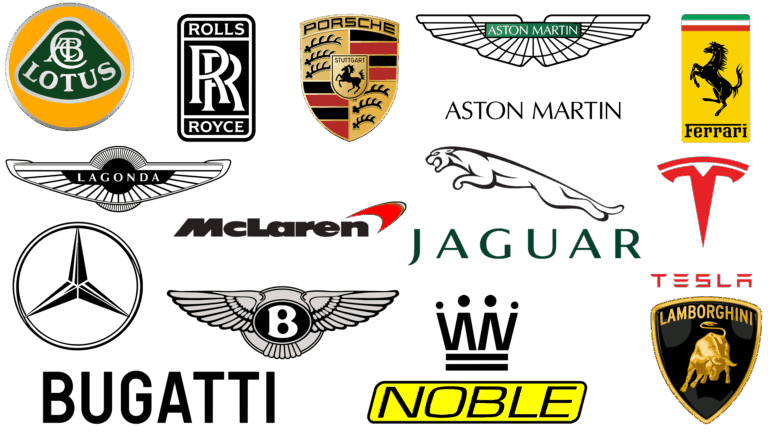The Undisputed Titans: Unpacking the Most Popular Car Brands in America
The Undisputed Titans: Unpacking the Most Popular Car Brands in America cars.truckstrend.com
America’s love affair with the automobile is legendary. From vast interstates to winding scenic routes, cars are not just a mode of transport; they are an extension of our identity, a symbol of freedom, and a testament to engineering prowess. In this dynamic landscape, the title of "Most Popular Car Brand in America" is highly coveted, reflecting not just sales figures but also deep-seated consumer trust, perceived value, and an understanding of the evolving American lifestyle.
But what exactly defines "most popular"? Is it simply the brand that sells the most units? Or does it encompass a broader spectrum, including brand loyalty, reliability, innovation, and cultural resonance? This comprehensive article will delve into the multifaceted nature of automotive popularity in the U.S., dissecting the key players, the factors that drive their success, and what it means for consumers navigating today’s diverse market.
The Undisputed Titans: Unpacking the Most Popular Car Brands in America
Defining Popularity: Beyond Just Sales Numbers
While sales volume is undoubtedly a critical metric, true popularity is a complex tapestry woven from several threads:
- Market Share: The percentage of total vehicle sales a brand commands. This is often the primary indicator.
- Brand Loyalty: How likely are existing customers to purchase another vehicle from the same brand? High loyalty signifies trust and satisfaction.
- Reliability and Durability: American consumers prioritize vehicles that last, require minimal repairs, and hold their value.
- Resale Value: A strong indicator of a vehicle’s perceived quality and desirability in the used car market.
- Consumer Perception & Reputation: The overall image a brand projects – safety, luxury, ruggedness, innovation, affordability.
- Product Diversity: The ability of a brand to offer a wide range of vehicles that cater to different needs and budgets (sedans, SUVs, trucks, EVs).
- Innovation and Technology: Keeping pace with advancements in safety, infotainment, connectivity, and powertrain options (especially electrification).

Considering these factors, the "most popular" title is often a tight race among a few titans, with their positions sometimes shifting based on specific market segments or yearly trends.
The Reigning Contenders: Who Stands at the Apex?

When we look at overall vehicle sales in the United States, a few brands consistently dominate the top spots. While the precise ranking can fluctuate quarter by quarter, the battle for supremacy typically involves Toyota, Ford, and Chevrolet (General Motors’ flagship brand).
-
Toyota: The Unwavering Champion of Reliability and Overall Volume
Toyota has, for many recent years, cemented its position as the overall sales leader in the U.S., often surpassing its American counterparts in total units moved. Its popularity stems from an almost unblemished reputation for: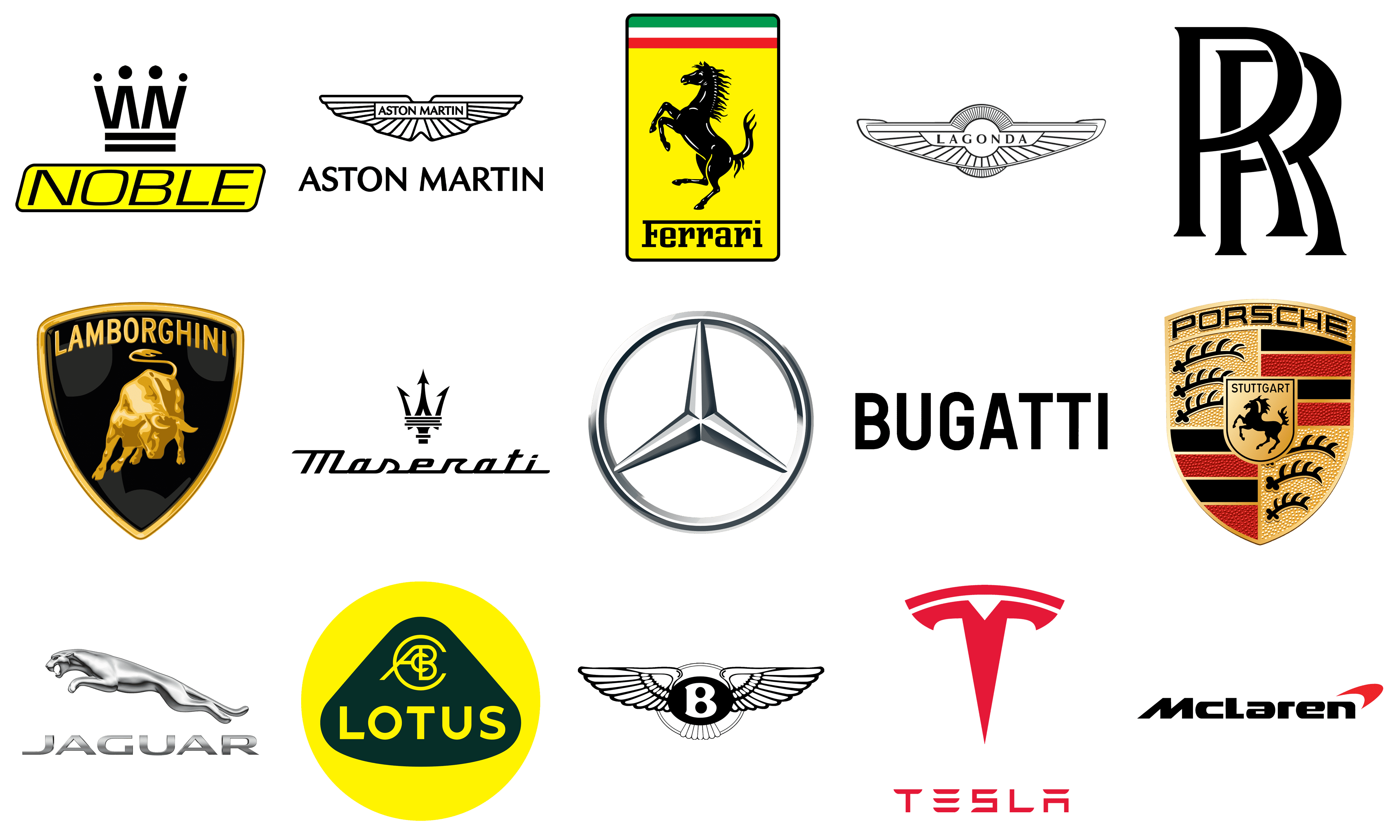
- Exceptional Reliability: Toyota vehicles are renowned for their longevity and low maintenance costs, making them a favorite for pragmatic buyers.
- Fuel Efficiency: A leader in hybrid technology for decades, Toyota offers compelling fuel-efficient options across its lineup.
- Diverse Product Portfolio: From the best-selling Camry sedan and RAV4 SUV to the rugged Tacoma pickup and Highlander SUV, Toyota offers a vehicle for nearly every need.
- Strong Resale Value: Toyotas consistently command high prices in the used car market, reflecting their enduring quality.
-
Ford: The American Icon Driven by Truck Dominance
While Toyota might lead in overall volume, no brand embodies American automotive spirit quite like Ford. Its popularity is overwhelmingly driven by the legendary F-Series pickup truck, which has been the best-selling vehicle in America for over 40 consecutive years and the best-selling truck for even longer.- Truck Leadership: The F-150 is not just a vehicle; it’s a cultural phenomenon, a workhorse, and a family hauler, indispensable to millions.
- American Heritage: Ford’s deep roots in American manufacturing and innovation resonate strongly with consumers.
- Expanding EV Presence: With the successful launch of the F-150 Lightning and Mustang Mach-E, Ford is aggressively positioning itself for the electric future.
- SUV Strength: Models like the Explorer and Escape remain popular choices in the booming SUV segment.
-
Chevrolet: General Motors’ Powerhouse with Broad Appeal
Chevrolet, the flagship brand of General Motors, consistently ranks among the top three, leveraging GM’s vast resources and a strong emphasis on trucks and SUVs.- Silverado Prowess: The Chevrolet Silverado is a formidable competitor to the F-Series, capturing a significant share of the lucrative truck market.
- SUV Variety: From the compact Trax to the full-size Tahoe and Suburban, Chevy offers a comprehensive lineup of popular SUVs.
- American Muscle: The Corvette and Camaro maintain a loyal following, embodying performance and iconic design.
- EV Ambition: Chevrolet is making strides in electrification with models like the Bolt EV and the upcoming Silverado EV and Blazer EV.
Key Factors Driving Their Popularity
Beyond the specific strengths of each brand, several overarching factors contribute to their enduring popularity:
- Reliability and Total Cost of Ownership: In an economy where every dollar counts, consumers seek vehicles that are dependable and affordable to maintain over their lifespan. Toyota’s reputation here is unparalleled, but Ford and Chevy have also made significant strides.
- Adaptation to Market Trends: The dramatic shift from sedans to SUVs and trucks has been a defining characteristic of the American market. Brands that successfully pivoted their production and marketing to meet this demand have thrived.
- Technological Advancement: Integration of advanced safety features (ADAS), intuitive infotainment systems, seamless connectivity, and increasingly, electrified powertrains, are non-negotiable for modern buyers.
- Strong Dealer Networks and Service: A widespread network of dealerships offering reliable service, parts availability, and customer support builds trust and loyalty.
- Effective Marketing and Brand Storytelling: Connecting with consumers on an emotional level, whether through messages of rugged capability, family safety, or environmental responsibility, plays a crucial role.
Practical Advice for Choosing Your Next Vehicle
Understanding which brands are popular is a good starting point, but the "best" brand for you depends on your individual needs and priorities. Here’s how to apply these insights:
-
Assess Your Needs & Budget:
- Lifestyle: Do you need a family hauler (SUV), a work truck, a fuel-efficient commuter (sedan/hybrid), or an off-road adventurer?
- Budget: Determine your comfortable price range for purchase, insurance, fuel, and maintenance.
- Driving Habits: Mostly city, highway, or off-road? Short commutes or long trips?
-
Prioritize Key Features:
- Reliability: If longevity and low running costs are paramount, brands like Toyota and Honda are often top choices.
- Capability: For towing, hauling, or off-roading, Ford and Chevrolet trucks/SUVs excel.
- Technology: If you crave the latest infotainment, safety tech, or EV innovation, explore various brands’ offerings.
- Fuel Efficiency: Hybrids and EVs are increasingly popular for their lower running costs.
-
Research and Compare:
- Third-Party Ratings: Consult Consumer Reports, J.D. Power, and Edmunds for reliability scores, owner satisfaction, and resale value.
- Test Drive Multiple Models: Don’t just research; experience the vehicles firsthand. Pay attention to comfort, handling, visibility, and features.
- Total Cost of Ownership: Factor in fuel efficiency, insurance costs, expected maintenance, and projected resale value.
-
Consider the Dealer Experience: A good local dealership can significantly enhance your ownership experience through quality service and support.
Challenges and the Future Landscape
The automotive industry is in a constant state of flux. Popular brands face several challenges:
- Supply Chain Volatility: Global events can disrupt production, leading to inventory shortages and higher prices.
- Rising Vehicle Costs: Inflation and increased technology content are pushing new car prices higher, impacting affordability.
- Intense Competition in EVs: New players (like Tesla) and traditional automakers are locked in a fierce battle for EV market share, pushing brands to innovate rapidly.
- Shifting Consumer Preferences: The speed at which consumers adopt new technologies (e.g., advanced driver-assistance systems, subscription services) can impact brand popularity.
Despite these challenges, the leading brands are investing heavily in electrification, autonomous driving, and connected car technologies, ensuring their continued relevance and competition for the "most popular" title in the years to come.
Comparative Overview of Top Popular Car Brands in America
To give a clearer picture, here’s a comparative table of the brands frequently vying for the top spots in terms of popularity and sales in the U.S. (data is illustrative and based on recent trends, precise annual sales figures can vary year to year):
| Brand Name | Primary Strength / Market Position | Key Popular Models (Examples) | Average Price Range (Popular Models) | Estimated Annual US Sales (Units) |
|---|---|---|---|---|
| Toyota | Overall Sales Leader, Reliability, Hybrids, Resale Value | RAV4, Camry, Corolla, Tacoma, Highlander | $25,000 – $55,000 | ~2.2 – 2.5 Million+ |
| Ford | Truck Sales Leader, American Heritage, EV Expansion | F-150, Explorer, Escape, Mustang, Bronco | $30,000 – $75,000+ | ~2.0 – 2.3 Million+ |
| Chevrolet | Strong Truck/SUV Presence, Broad Appeal, American Muscle | Silverado, Equinox, Tahoe, Blazer, Malibu | $28,000 – $70,000+ | ~1.7 – 2.0 Million+ |
| Honda | Reliability, Fuel Efficiency, Sedans/SUVs | CR-V, Civic, Accord, Pilot, HR-V | $26,000 – $45,000 | ~1.2 – 1.4 Million+ |
| Hyundai | Value, Warranty, Design, Technology | Elantra, Tucson, Santa Fe, Kona, Palisade | $23,000 – $50,000 | ~0.8 – 1.0 Million+ |
| Kia | Value, Design, Warranty, Feature-Rich | Forte, Sportage, Telluride, Sorento, K5 | $22,000 – $48,000 | ~0.7 – 0.8 Million+ |
| Nissan | Value, Diverse SUV Lineup, Commuter Cars | Rogue, Altima, Sentra, Frontier, Murano | $24,000 – $45,000 | ~0.7 – 0.8 Million+ |
| Tesla | EV Market Leader, Innovation, Brand Cachet | Model Y, Model 3, Model S, Model X | $45,000 – $100,000+ | ~0.6 – 0.7 Million+ |
Note: Sales figures are approximate annual U.S. sales based on recent trends and can vary significantly year over year due to market conditions, supply chain, and new model introductions. Price ranges are general averages for popular trims and do not include high-performance or luxury variants.
Frequently Asked Questions (FAQ)
Q1: Is popularity just about sales numbers?
A1: No, while sales are a major component, popularity also encompasses factors like brand loyalty, reliability ratings, resale value, consumer perception, and the breadth of a brand’s product offerings. A truly popular brand resonates with consumers on multiple levels.
Q2: Which brand is number one in truck sales in America?
A2: Ford’s F-Series has been the best-selling truck in America for over four decades, making Ford the undisputed leader in the highly competitive truck segment. Chevrolet Silverado and Ram Pickups are strong contenders.
Q3: Are American car brands still popular?
A3: Absolutely. Ford and Chevrolet consistently rank among the top three overall best-selling brands in the U.S., largely due to the enduring popularity of their trucks and SUVs. Their American heritage and strong dealer networks contribute significantly to their appeal.
Q4: What about luxury car brands? Are they considered popular?
A4: Luxury brands like BMW, Mercedes-Benz, Lexus, and Audi have strong sales within their premium segments and command high brand loyalty. However, their overall sales volumes are significantly lower than mass-market brands, so they don’t typically compete for the "most popular" overall title.
Q5: How do I know which popular brand is right for me?
A5: Start by defining your needs (budget, vehicle type, features). Then, research brands known for excelling in those areas (e.g., Toyota for reliability, Ford for trucks, Tesla for EVs). Test drive multiple models, read independent reviews, and consider the total cost of ownership.
Q6: Will electric vehicles (EVs) change the popularity landscape?
A6: Yes, significantly. As EV adoption grows, brands that successfully transition their lineups to offer compelling electric options will gain popularity. Tesla is already a major player, and traditional automakers like Ford, GM, and Hyundai/Kia are investing heavily to capture this evolving market. The future of popularity will increasingly be tied to EV innovation and accessibility.
Conclusion: A Dynamic Landscape of Consumer Preference
The title of "Most Popular Car Brand in America" is not static; it’s a living reflection of consumer values, technological advancements, and economic realities. While Toyota often leads in overall volume due to its unparalleled reliability and diverse lineup, Ford maintains an iconic status through its dominant F-Series trucks, and Chevrolet remains a formidable force with broad appeal across trucks and SUVs.
Ultimately, the popularity of these brands underscores what American consumers value most: a blend of dependability, practicality, innovation, and a vehicle that fits their unique lifestyle. As the industry continues its rapid evolution, particularly towards electrification, the titans of today will need to continuously adapt, innovate, and connect with drivers to maintain their reign in the hearts and driveways of America.
